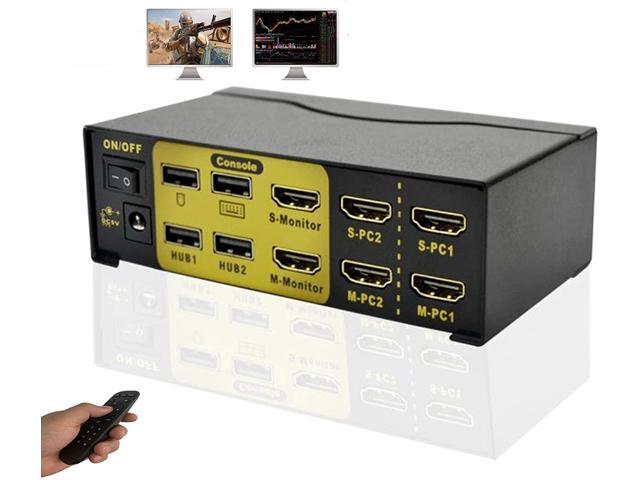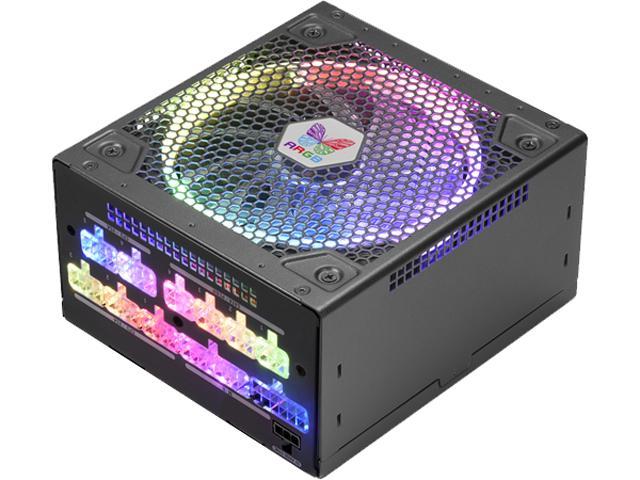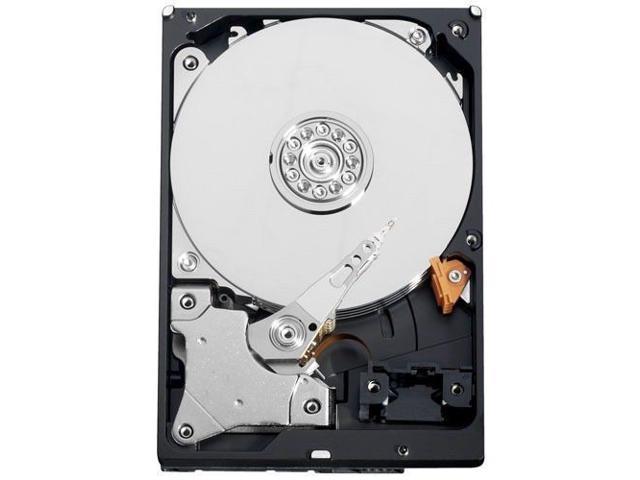For the past 50 years, the military’s use of space for our national defense has increased exponentially. The use of space has increased so much that recent events have led to the approval for most space Major Defense Acquisition Programs to fall under their own process of oversight to track and monitor these programs. The largest reason for this change is due to the difference in spending profiles and current acquisition regulations that are not structured to meet these space expenditure plans. The key problem is no one knows, for sure, how much the oversight process actually costs and if one form of oversight is actually statistically better than the other. If the other processes are better, what actually drives the cost for their oversight? This thesis will provide a foundation and potential cost saving recommendations that would benefit the Department of Defense in most of the acquisition programs it monitors. The cost of oversight will be forecasted based on a panel of experts in the field, using the Delphi Methodology. These costs will then compare with other oversight processes for the Department of Defense Directive 5000 and the Command, Control, Communication, and Intelligence new virtual process, to discover where the statistical differences are in the cost of oversight. The total costs for all three oversight processes will then provide insight on where the largest cost benefits appear to be, based on data collected, and recommendations will develop a future track for the next generation of oversight processes.






![DisplayPort to DisplayPort Cable 6FT 2-Pack, U 4K Display Port Cable Male to Male DP to DP Cable [1440p@144Hz/165Hz, 4K@60Hz] for Gaming Monitor.](https://c1.neweggimages.com/ProductImageCompressAll640/AW97D22042505U4TWE8.jpg)








